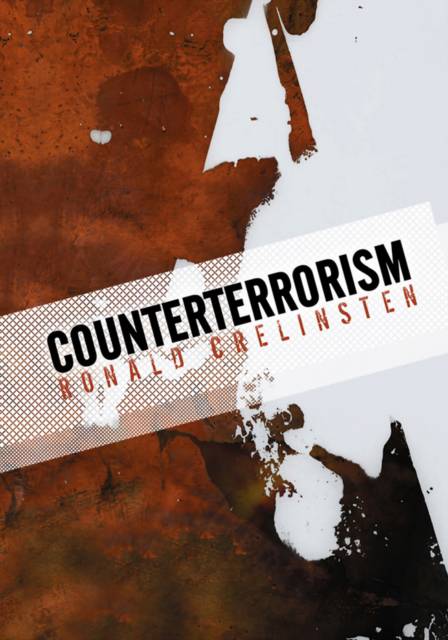
En raison d'une grêve chez bpost, votre commande pourrait être retardée. Vous avez besoin d’un livre rapidement ? Nos magasins vous accueillent à bras ouverts !
- Retrait gratuit dans votre magasin Club
- 7.000.000 titres dans notre catalogue
- Payer en toute sécurité
- Toujours un magasin près de chez vous
En raison de la grêve chez bpost, votre commande pourrait être retardée. Vous avez besoin d’un livre rapidement ? Nos magasins vous accueillent à bras ouverts !
- Retrait gratuit dans votre magasin Club
- 7.000.0000 titres dans notre catalogue
- Payer en toute sécurité
- Toujours un magasin près de chez vous
52,45 €
+ 104 points
Format
Description
Terrorism has emerged as one of the most problematic issues facing national governments and the international community in the 21st century. But how is it possible to counter terrorism in a world in which governance is still dominated by the nation-state? Are we seeing new forms of terrorist activity in the wake of 9/11? Are pre-9/11 approaches still valid? How can we combat and control diverse threats of multiple origin? Who should be responsible for countering terrorism and in what circumstances?
In this incisive new book, Ronald Crelinsten seeks to provide answers to these pressing questions, challenging readers to think beyond disciplinary and jurisdictional boundaries. He presents an up-to-date and comprehensive introduction to the difficulties and obstacles related to countering terrorism in democratic societies. The counterterrorism framework that he develops in this book reflects the complex world in which we live. The different approaches to counterterrorism provide the organizing theme of the book and help the reader to understand and to appreciate the full range of options available. The book:
* includes a host of contemporary examples and further readings;
* compares and contrasts pre- and post-9/11 approaches;
* critically evaluates the post-9/11 'war on terror';
* moves beyond a purely state-centric focus to include non-state actors and institutions;
* combines hard and soft power approaches;
* considers prevention, preparedness, response and recovery.
Counterterrorism will be an indispensible guide for students, researchers, practitioners and general readers wanting to broaden their knowledge of the possibilities and limitations of counterterrorism today.
In this incisive new book, Ronald Crelinsten seeks to provide answers to these pressing questions, challenging readers to think beyond disciplinary and jurisdictional boundaries. He presents an up-to-date and comprehensive introduction to the difficulties and obstacles related to countering terrorism in democratic societies. The counterterrorism framework that he develops in this book reflects the complex world in which we live. The different approaches to counterterrorism provide the organizing theme of the book and help the reader to understand and to appreciate the full range of options available. The book:
* includes a host of contemporary examples and further readings;
* compares and contrasts pre- and post-9/11 approaches;
* critically evaluates the post-9/11 'war on terror';
* moves beyond a purely state-centric focus to include non-state actors and institutions;
* combines hard and soft power approaches;
* considers prevention, preparedness, response and recovery.
Counterterrorism will be an indispensible guide for students, researchers, practitioners and general readers wanting to broaden their knowledge of the possibilities and limitations of counterterrorism today.
Spécifications
Parties prenantes
- Auteur(s) :
- Editeur:
Contenu
- Nombre de pages :
- 248
- Langue:
- Anglais
- Collection :
- Tome:
- n° 2
Caractéristiques
- EAN:
- 9780745642949
- Date de parution :
- 01-03-09
- Format:
- Livre broché
- Format numérique:
- Trade paperback (VS)
- Dimensions :
- 145 mm x 206 mm
- Poids :
- 453 g

Les avis
Nous publions uniquement les avis qui respectent les conditions requises. Consultez nos conditions pour les avis.






